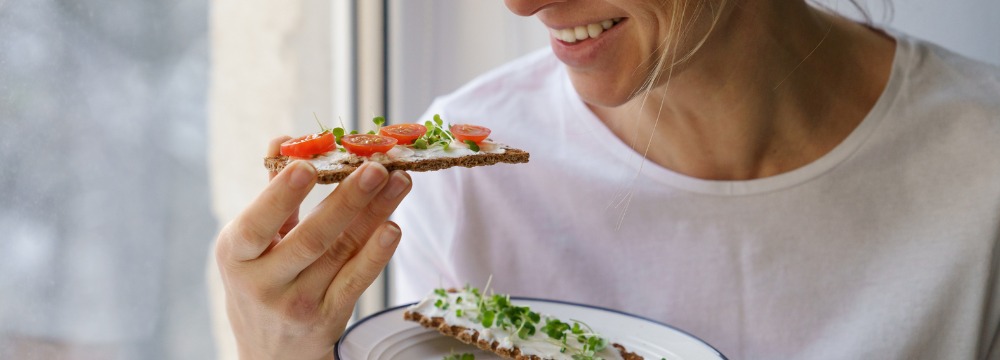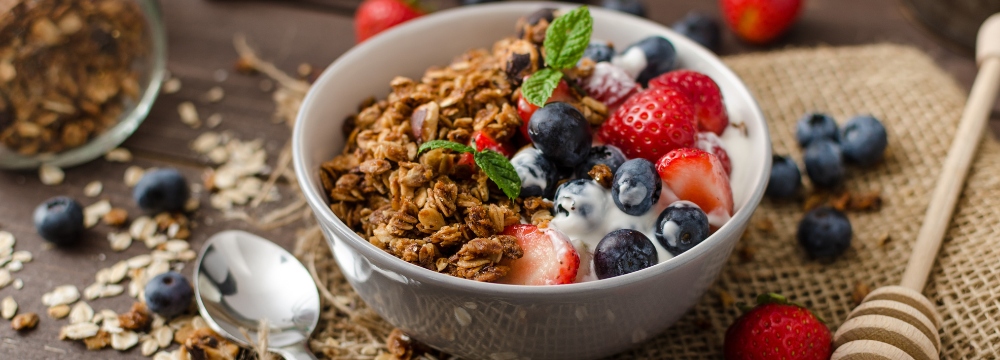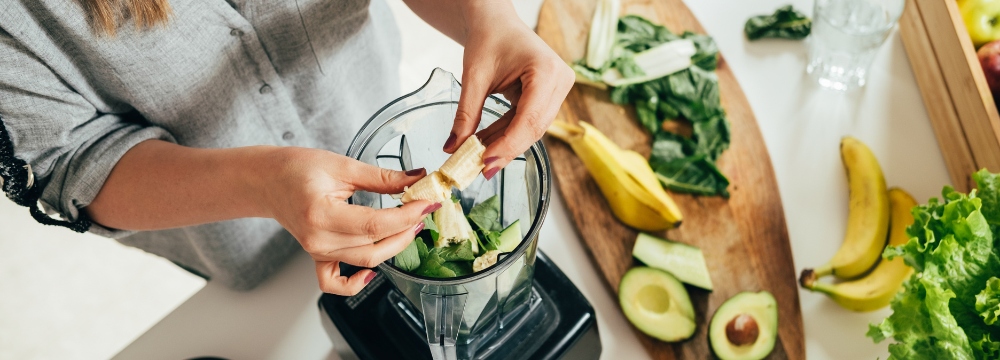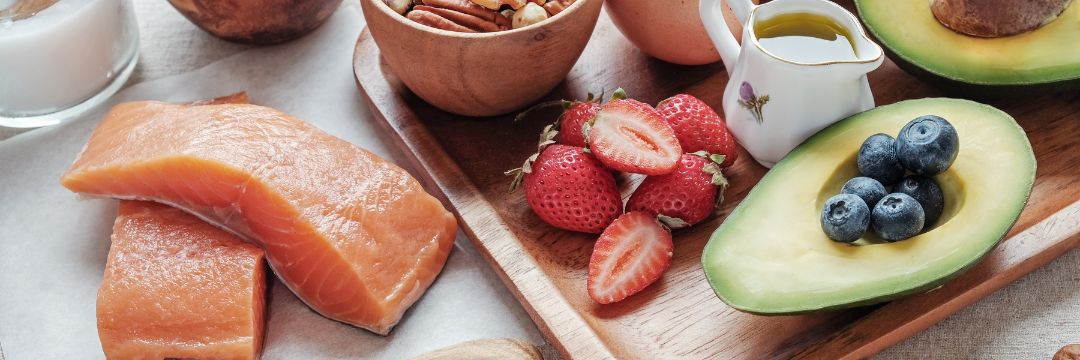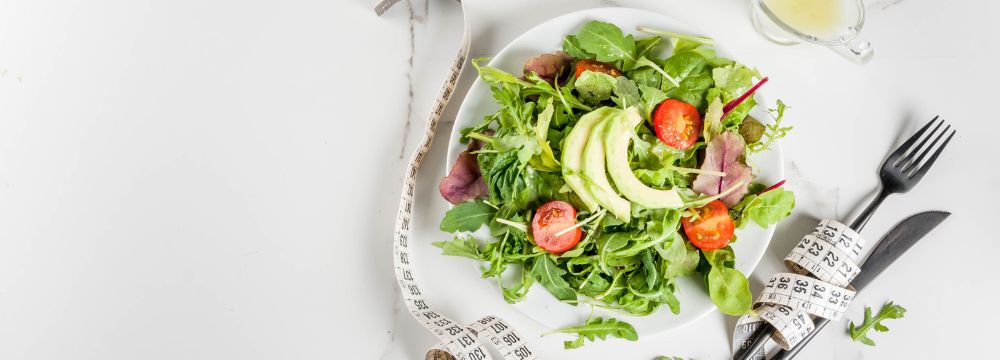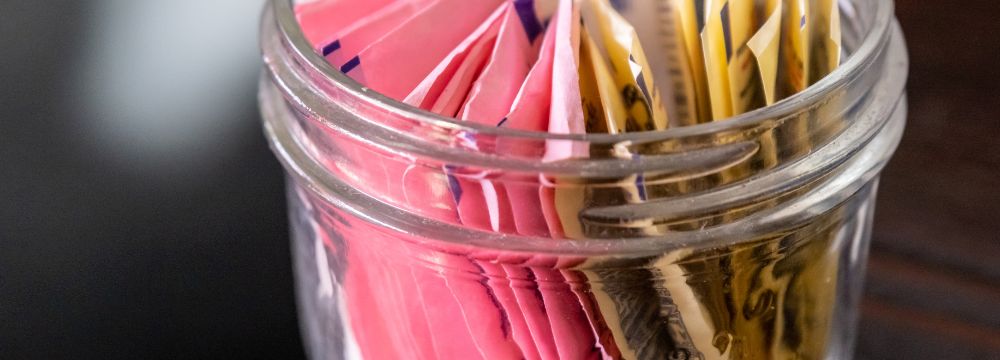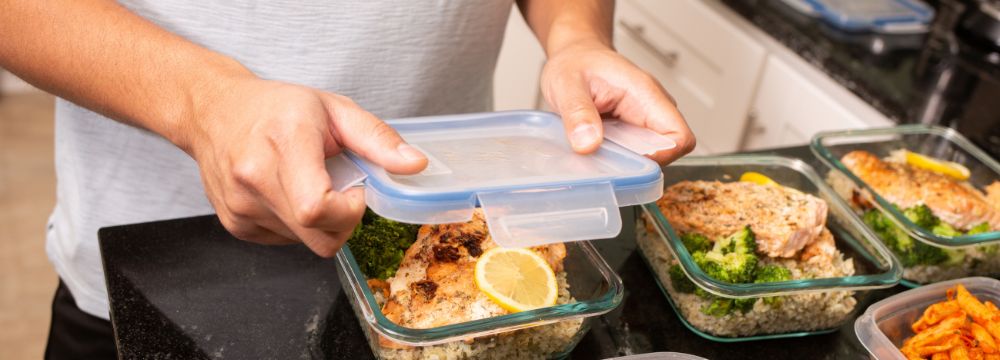Diet
Before getting deeper into this topic, it’s essential to understand that the use of any carbonated beverages, especially in the early stages of the bariatric journey, can be very problematic. Carbonation stretches the gastric pouch, leading to irritation and bloating. The CO2 used for carbonation can also be irritative. This can, in turn, lead to less consumption of the proteins and whole grains you need.
But, setting that aside, let’s discuss what makes these new sodas healthier.
Lower in Sugar
How can these sodas be so clean and taste as good with far fewer calories? Well, they supplement fewer added sugars with low-calorie natural sweeteners. The sweeteners may also be organic and even no-calorie. Now, this is where things get a little hazy. The organic, natural, low-calorie or no-calorie sweeteners are better than the high fructose corn syrup in most traditional soda products. This combination of sugars and sweeteners is also better, on the whole, and when consumed in moderation, than the artificial sweeteners added to most diet colas. But are they good for you?
The answer is no. Ultimately, staying away from these sweetened products is the best way forward. Sticking to water for hydration and indulging once every few months is a far better option. Why? Well, sweeteners of all kinds can increase your craving for sweetness and blunt your taste buds, leading to more sugar consumption elsewhere. So, while you think you are doing your body a favor by switching to these new kinds of soda, you may be kicking the can down the road and collecting those calories through other means.
And Probiotics
There is a case for live active cultures and their effect on the gut microbiome. By consuming pre-and probiotics, we may be giving our bodies some marginal benefit. However, the pre-and probiotics contained in most “new” sodas are likely not comparable in quantity and diversity to those found in yogurts and other cultured products. Further, these cultured products often provide a good amount of protein that the sodas simply cannot. In other words, while there might be a small benefit, it is most certainly outweighed by the potential detriment of the added sugar and sweetener they contain.
If you are looking for something other than water to keep you hydrated but also has some taste, consider a few possible options:
First is fruit—or vegetable-infused water. These waters retain some of the taste and smell of the fruit or vegetable while maintaining zero calories. Consider strawberries, oranges, lemons, limes, and cucumbers as delicious and popular options. As a bonus, you can do this at home and save money, along with those calories.
Coconut water, especially that which contains pieces of the fruit, can also be a great option. Be careful, however, as some coconut waters, believe it or not, have added sugars despite the natural sweetness of the coconut: the bits add a touch of healthy fat and fiber to the drink. Of course, while the sugars contained may be natural, you should limit your consumption. Coconut water is best used as an electrolyte replenisher during or after a heavy workout, where it needs some carbs and can burn them off relatively quickly. And it’s certainly better than a sports drink.
With that said, few juices have the healthfulness of coconut water; most other juices are full of sugar – concentrated liquid versions of the fruit itself without the fiber benefits of the flesh. As such, they can introduce almost as many calories as a regular soda in each serving. Avoid!
The Bottom Line
While we always welcome a relatively healthier product, we must consider the bar it is set against. Traditional diet and non-diet sodas are so bad for us that claims of new-style sodas to be healthy with all the taste of a conventional soda ring a bit hollow. Ultimately, they still do not provide ideal hydration or nutrition and should not be consumed thinking there are significant health benefits.
Of course, we understand that drinking water day in and day out can be challenging, especially when friends and family enjoy a refreshing drink. To that end, we always preach moderation and enjoy hearing about patients who have found their happy place by having a small indulgence occasionally. If you have any questions or concerns about what you can and can’t drink after bariatric surgery or during your medical weight loss program, we encourage you to bring these up with your doctor or clinician. There are no wrong questions when it comes to your diet. Most importantly, follow a plan that manages your cravings and keeps calories in check while giving you small indulgences.



